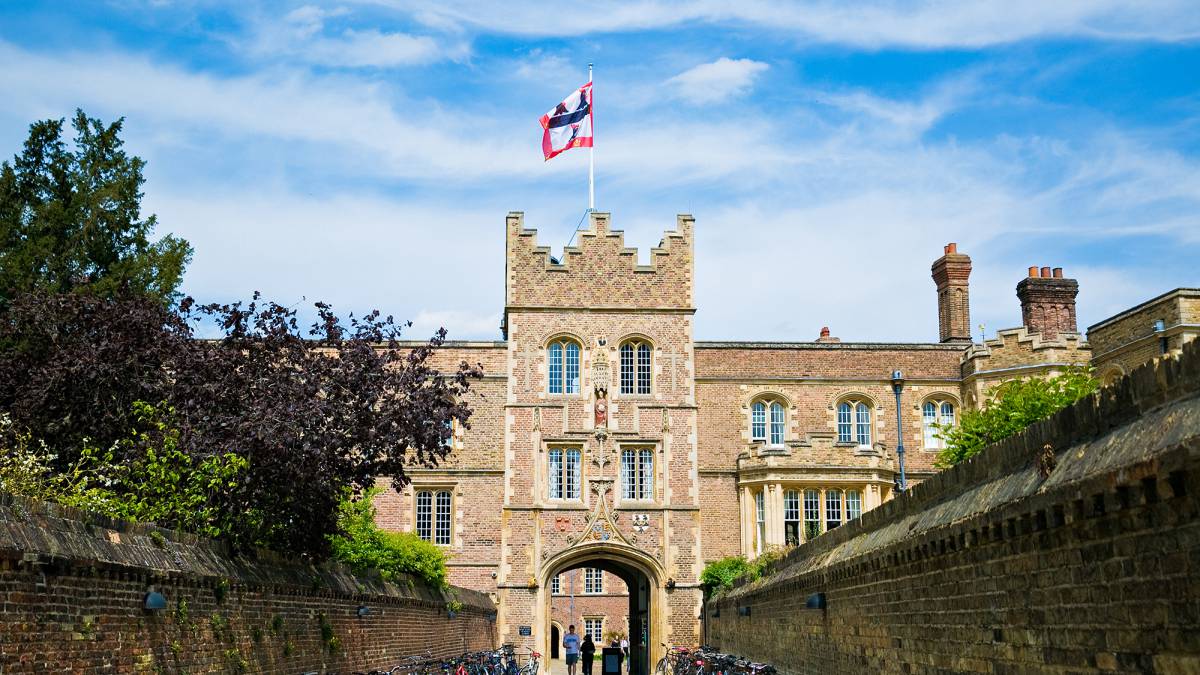
A bronze statue of a cockerel, known as an Okukor, is the latest Benin Bronze to be returned to Nigeria. Jesus College at the University of Cambridge will return the bronze, one of thousands that were looted from the kingdom of Benin in the 19th century, in a ceremony on October 27.
Nigerian officials and restitution advocates hope the event will mark the beginning of a wave of handovers as institutions around the globe face pressure to make good on promises to return the bronzes. This spring, University of Aberdeen in Scotland became the first Western institution to agree to fully restitute a Benin Bronze to Nigeria.
“We are indeed very pleased and commend Jesus College for taking this lead in making restitution for the plunder that occurred in Benin in 1897,” the Omo N’Oba N’Edo Uku Akpolokpolo, Ewuare II, the Oba of Benin, said in a statement. “We truly hope that others will expedite the return of our artworks which in many cases are of religious importance to us.”
The Okukor will be returned to Nigeria later this month. Photo courtesy of Jesus College.
The cockerel, which is the school’s mascot, was removed from display back in 2016 following a successful student-led campaign. The college announced its intent to return the work in 2019, but the handover is only now coming to fruition.
In the wake of the college’s removal of the Okukor, a group of students, staff, and university fellows formed the Legacy of Slavery Working Party to explore how the statue came to the college in the first place. They found that the statue was looted “directly from the court of Benin” and gifted by the father of a student to the college in 1905, according to the Guardian, which first reported the college’s decision.
“This is an historic moment … it is the right thing to do out of respect for the unique heritage and history of this artifact,” Sonia Alleyne, the master of Jesus College, said. She thanked the LSWP “for its diligent and careful investigation into the provenance of the bronze.”
Nigeria’s minister of information and culture, Lai Mohammed, described Jesus College as a “trailblazer.” But it is not alone in revisiting the restitution of Benin Bronzes.
For decades, calls have been mounting for the return of these items, which have become symbols of the worst of colonial-era injustices. The conversation has been gaining momentum in recent years, with many museums investigating the provenance of the Benin objects in their collections, and working with Nigeria to support the creation of the Edo Museum of West African Art in Benin City.
Their pledges of return have often translated into protracted bureaucratic negotiations. The return of 26 Benin objects from France’s Quai Branly museum, first proposed in 2017, has yet to be completed.
Earlier this week, the German government and Nigerian National Commission for Museums and Monuments made progress on a plan to transfer more than 1,000 Benin bronzes from German museums next year.
As part of the accord, Germany agreed to contribute funds for a museum to house the bronzes in Benin City at the Edo Museum of West African Art. Institutions in Berlin, Cologne, Hamburg, Leipzig, and Stuttgart hold scores of bronzes, with the Ethnological Museum in Berlin owning around 520, second only in Europe to the British Museum in London.